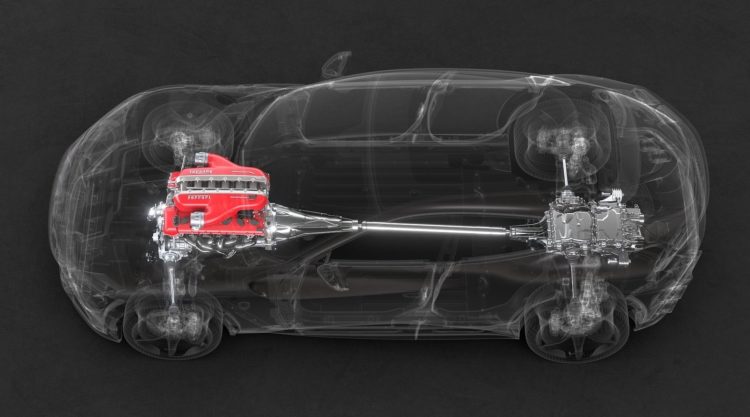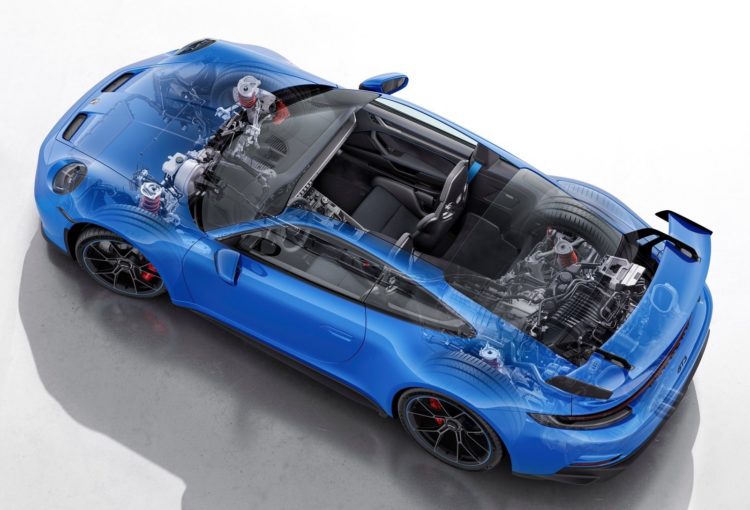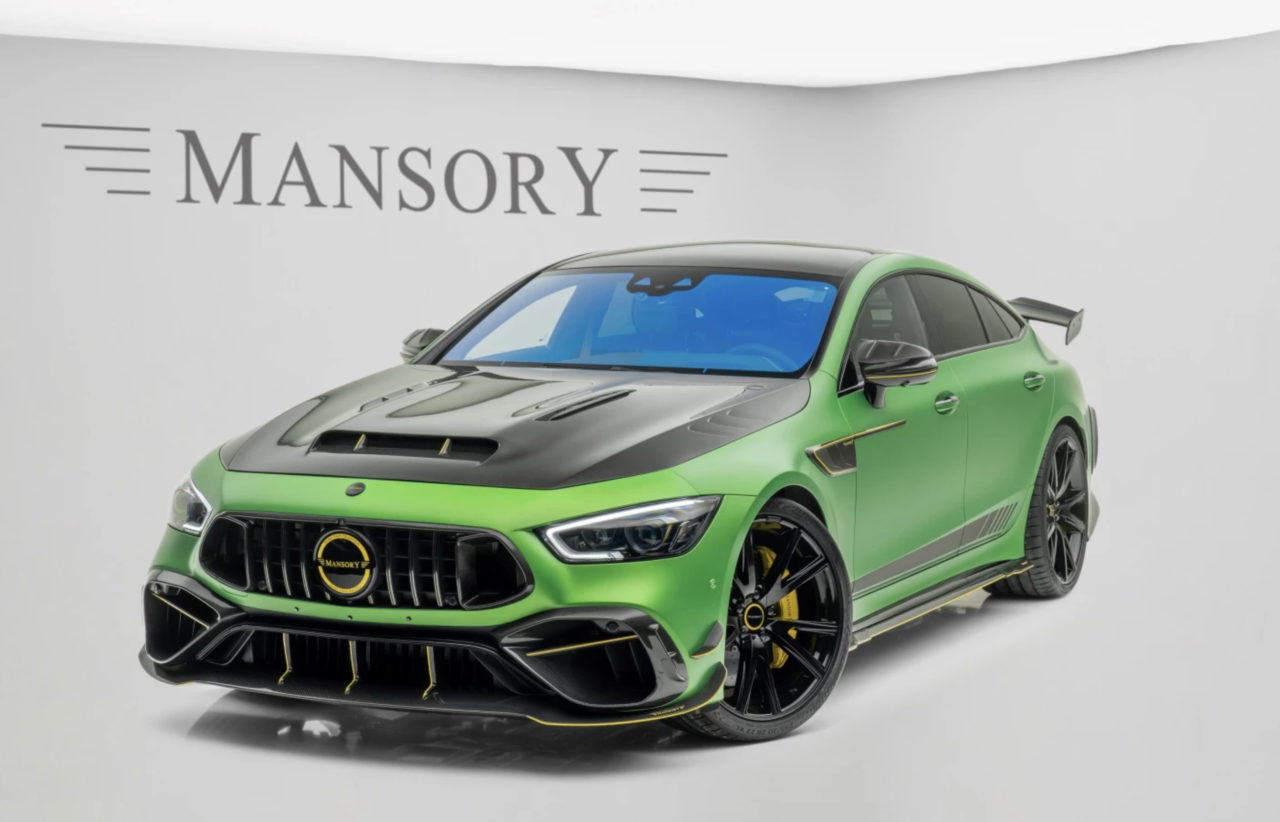Manufacturers of internal combustion engines are popping the champagne after regulators in Europe have effectively extended the lifespan of ICE units to beyond 2035, with the help of an E-fuel caveat.
Europe had placed a ban on the sale of pure internal combustion engine vehicles by 2035 as the EU moves to incentivise hybrid and electric vehicles.
The latest ruling was brought about by Germany’s transport ministry, which argued manufacturers producing vehicles running on e-fuels should be exempt from the 2035 exit date, and has since been agreed to by the European Union’s lawmakers.
This extends the lifespan of the internal combustion engine past 2035 in Europe, so long as that vehicle’s engine runs on a synthetic fuel like e-methanol, e-kerosene, or e-methane.
The news has been celebrated by heads of some of Europe’s most established manufacturers like Ferrari and Porsche, who will be able to sell their ICE flagships past the EU’s 2035 phase-out date. Ferrari’s chief executive officer, Benedetto Vigna, is quoted as saying:
“The good news for us as a company is that on top of electric cars, we will also be able to go on with our internal combustion engines. This decision is very interesting for us because it allows ICEs to go beyond 2036.”
He also said the current prohibitive pricing of e-fuels should become more accessible as they are further developed.
In spite of the legislative win, Vigna says that Ferrari remains firm on its shift to a greater mix of electrified vehicles, which it forecasts will result in an 80 per cent share of electric and hybrids by 2030, with 20 per cent of the lineup set to be a powered by an ICE unit.
The news also comes as a major win for Volkswagen Group and its Porsche subsidiary, who has invested millions into the development of e-fuel compatible powertrains.
Porsche had acquired a $75 million stake in Chilean company last year, HIF Global, who has a fully operational e-fuel facility in Punta Arenas that combines hydrogen and carbon dioxide, with the help of renewably sourced energy from nearby wind turbines.
Volkswagen has said in reference to the legislation that “we see e-fuels as a useful addition to the existing fleet,” adding that “the agreement gives manufacturers and, above all, consumers a clear perspective for planning” in the future.


